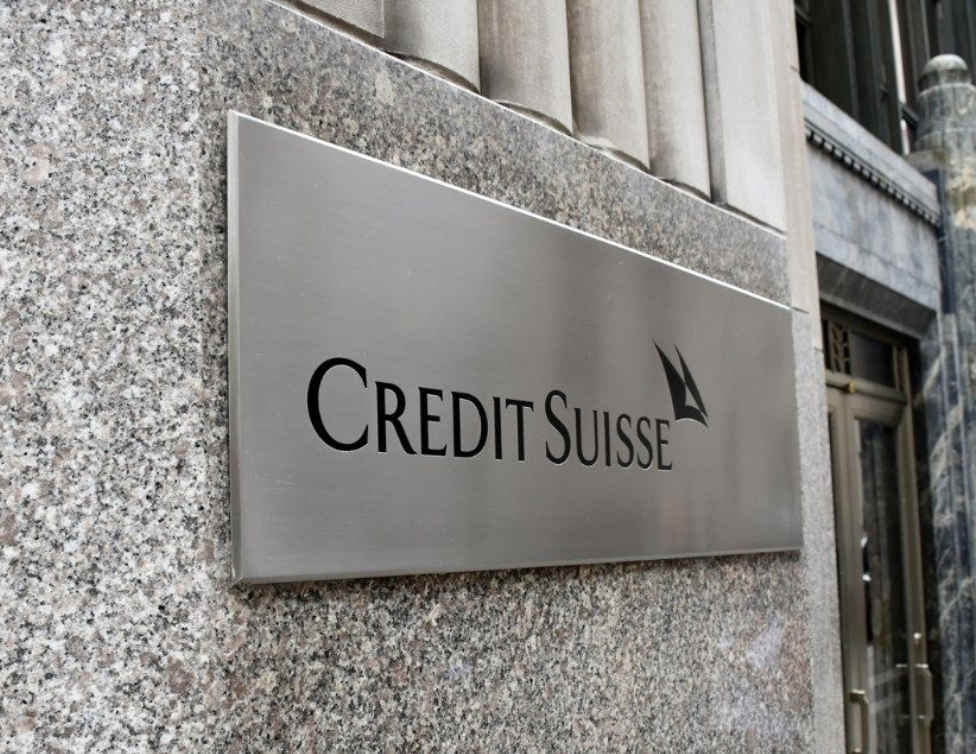Legal
Credit Suisse AT1 Bondholders: Navigating Legal Routes After Swiss Write-Down

Recent legal developments mean that those bondholders who were left out of pocket under terms of the UBS emergency takeover of Credit Suisse in 2023 may have a chance of recompense. But the road to this may be challenging. The author considers the issues.
There have been several recent legal developments which have
significantly affected the options available for Credit Suisse AT1
bondholders who lost out following the write-down by the Swiss
Government in 2023. This debt is a hybrid, perpetual bond issued
by banks to meet regulatory capital requirements after the 2008
financial crisis. It acts as a "bail-in" tool, as it can be
converted into equity or written down to absorb losses if a
bank's capital levels fall below a certain threshold.
In October, the Swiss Federal Administrative Court ruled that the
decision to wipe out the bonds
was unlawful, while the option of suing Switzerland in
the US was struck down by the Manhattan Court, ruling that
Switzerland acted as an immune foreign sovereign in the sale of
Credit Suisse.
In this article, Shaun Leong (pictured below), partner and
international arbitration specialist at law firm HFW, considers the legal case. The
editors are pleased to share these insights and invite responses.
The customary editorial disclaimers apply to views of guest
writers. Jump into the conversation and email tom.burroughes@wealthbriefing.com
and amanda.cheesley@clearviewpublishing.com.

Shaun Leong
The 2023 write-down of Credit Suisse’s Additional Tier 1 (AT1) bonds by the Swiss government had a significant impact on global financial markets, leaving thousands of investors facing substantial losses. Since then, bondholders have sought avenues to reclaim their investments, with legal battles occurring across multiple jurisdictions. Recent developments have brought both opportunities and new challenges, making it crucial for affected investors to understand the current landscape and the viability of each legal route.
In a significant turn, the Swiss Federal Administrative Court
recently ruled that the decision to wipe out Credit Suisse’s AT1
bonds lacked a legal basis. While this ruling was a moral victory
for bondholders, it stopped short of awarding financial
compensation or reversing the write-down. The counterparty in
these proceedings, FINMA
(the Swiss financial regulator), is not designed to compensate
investor losses, and the practical implications of the ruling
remain uncertain as FINMA has appealed the decision.
Meanwhile, attempts to sue Switzerland in the US have been
struck down. The Manhattan Court ruled that Switzerland acted as
an immune foreign sovereign in the sale of Credit Suisse,
effectively ending the possibility of pursuing claims against the
Swiss state in US courts. This outcome underscores the
complexities of cross-border litigation and the limitations of
national legal systems in addressing global investor
grievances.
Against this backdrop, international law and arbitration have
emerged as promising alternatives, with global law firms leading
initiatives to support bondholders worldwide. Bondholders
currently have several legal avenues to consider, each with its
own strengths and challenges:
Investor-state treaty arbitration
One of the most promising options available to Credit Suisse AT1
bondholders is pursuing claims through investor-state treaty
arbitration. This route allows investors to bring claims against
a sovereign state under international law, typically via a
neutral international forum rather than a domestic court. The key
advantage of this approach is its neutrality and independence
from any national legal system, which is particularly important
given the global nature of the bondholder base and the concerns
that Switzerland’s actions may have violated internationally
accepted norms.
Investor-state arbitration can offer a level playing field for
bondholders from different jurisdictions, ensuring that the
dispute is resolved according to principles of international law
rather than the potentially restrictive frameworks of domestic
courts. This process also allows for group representative
actions, which can strengthen the position of bondholders and
streamline proceedings.
However, this form of arbitration must be initiated soon, as
there are general principles under international law that claims
should not be brought with undue delay. Switzerland is expected
to argue for a three-year time bar, although many legal experts
agree that such a limitation may not apply under international
law.
Suing Switzerland in the US
Some bondholders attempted to pursue claims against Switzerland
in US courts. However, the US legal system has determined that
Switzerland acted within its sovereign authority during the
crisis and is therefore immune from such lawsuits. This decision
effectively closes the door on US litigation as a viable route
for bondholders seeking compensation for their losses.
The outcome also reinforces the importance of seeking resolution
through international arbitration rather than relying on domestic
courts, which may be limited by principles of sovereign
immunity.
Claims against FINMA in Swiss Federal Administrative
Court
Another route has involved challenging the write-down in Swiss
courts, specifically by pursuing claims against FINMA. The Swiss
Federal Administrative Court’s recent ruling that the write-down
lacked legal basis was a significant development. However, the
court did not award financial compensation or reverse the
decision – and FINMA has appealed.
Even if the appeal is unsuccessful and the write-down is
reversed, it remains unclear where compensation would come from,
as FINMA is a regulator and not responsible for investor losses.
The court’s decision may be leveraged in international
arbitration proceedings, potentially strengthening bondholders’
claims under international law.
Treaty action against Switzerland in Swiss
courts
Some bondholders have considered pursuing claims under
international treaties within the Swiss legal system. This route
is complicated by jurisdictional issues, particularly for those
who have already pursued claims in administrative courts.
Switzerland may argue that bondholders who have elected to pursue
one legal avenue are barred from switching to another.
Additionally, it is uncertain whether Swiss courts would apply
international law over Swiss law, and the prospects for success
remain unclear. Group representative actions may help address
some of these complexities, but legal clarity is still
needed.
Suing UBS in the US
There are ongoing proceedings against UBS in US courts, with
bondholders alleging mismanagement by Credit Suisse and
questioning the role of UBS in the acquisition. These cases face
significant hurdles, including questions of jurisdiction over
non-US bondholders and those who purchased bonds from other
banks. Establishing a causal link between alleged mismanagement
and the write-down is also challenging. The outcome of these
proceedings remains to be seen, and bondholders should monitor
developments closely.
Overall, the legal landscape for Credit Suisse AT1 bondholders
remains complex and fluid. International arbitration appears to
offer the most promising path, especially given the limitations
of national courts and the recent Swiss court ruling. Bondholders
are encouraged to stay informed, act promptly to avoid potential
time bars, and consider joining group actions to strengthen their
position.
This article or the contents thereof is not / does not constitute as formal legal advice.